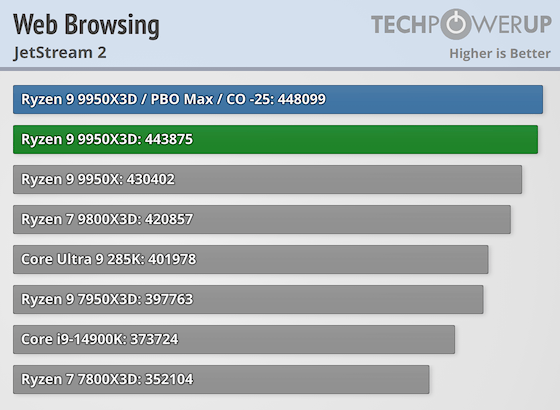I am building a PC that I am going to use for serious programming, compiling large source codes, running a lightweight web server, and, most importantly, running a stock trading bot (requires extremely good single-thread performance). For my use case, I think the Intel Core i9-14900KS or the Intel Core Ultra 9 285K would be the right fit because of their extremely good single-thread performance and higher clock speeds. But I am concerned about the manufacturing defects, instability, and oxidation issues that Intel had lately with their early 13th/14th generation chips. I am not sure if it also impacted the 14900KS. Intel claims to have released the microcode fixes which is supposed to work like a silver bullet, but I don't trust Intel at this point. It is also worth mentioning that I don't use Windows and I am going to use it along with Arch Linux or any other GNU/Linux distribution.
Which processor should I choose and why? Also, feel free to recommend me any processor from the team red (AMD) too.
Which processor should I choose and why? Also, feel free to recommend me any processor from the team red (AMD) too.










